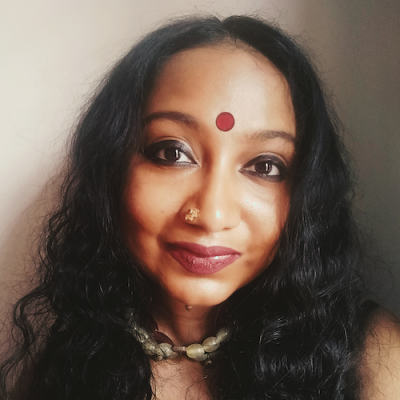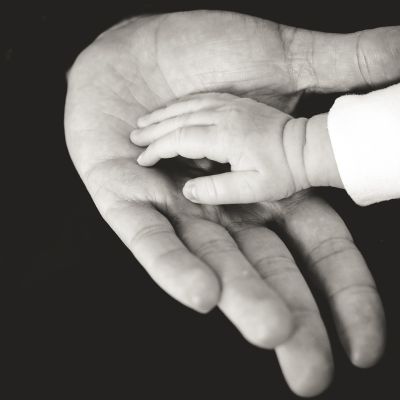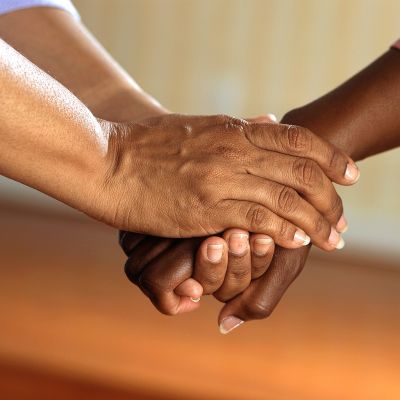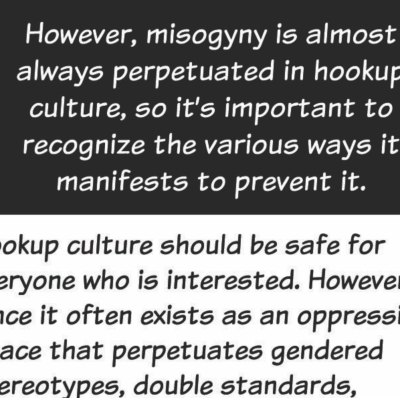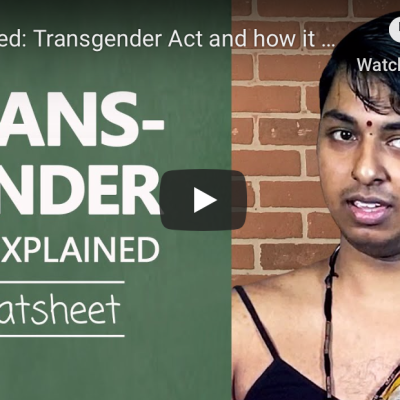consent
If you are true to yourself, and attuned to your emotions and needs, you’ll invariably find that even a core belief (such as: not believing in the institution of marriage) is complicated by what the lived experience of that means (not only discriminatory experiences, but also intimate ones).
What I am proposing here is to look at being in a relationship and being single together because what is important here is the idea of ‘be-ing’ as opposed to the stereotypes and perceptions attached to our relationship with ‘the One’ or to singlehood.
Growing up, for me, has been about accepting that the loneliness and sadness woven into the fabric of my being do not go away with entering conventional arrangements like monogamous relationships or marriage.
For a queer person, or for someone who remains single by choice, everyday existence requires strength and will. That is the embodiment of kun faya kun as a personal philosophy: to manifest the person you want to be through sheer will.
I believe that queer friendships and intimacies are sheer resistance, which not only swallow the despair and pain that might be perpetrated on gender-nonconforming people by their families, but also recognise all the lies about love that have been sold to us.
I am 27 now and marriage is the most brought-up topic of conversation by my parents and relatives. Now, choosing or wanting to stay single is inversely proportional to my reputation, respect, and worthiness.
Sexuality and self-care are related at many levels, right from the level of knowing what you want and what you don’t, how you feel about yourself, how you are able to communicate your desires and how you are able to enjoy your experiences.
Therapy gives us tools and time, but the actual work of dismantling the forest is ours as we are the only persons with access to that forest. So queer affirmative therapy validates our beliefs and helps us identify the poison, cut it down, dissect it, unroot it.
Family, immediate and extended, is usually who you turn to. They are the ones who provide stress relief and reduce anxiety by boosting self-confidence and self-esteem and providing a protective shield. There is a sense of belongingness in good times and in bad.
In the middle of this pandemic, can one seek sexual support in the form of a hook up with one’s best friend, ‘just because’? Is it redefining boundaries, is it sympathy sex, is it simple indulgence, or is it something that one or both might later resent?
The movie was criticised for its stereotypical portrayal of Debu as a gay man. But, the beauty is that it also highlights the reversal of gender roles. The smiles, and the laughter sounding throughout the house, create a cheery note in the movie.
The scope for unsafe sex, as discussed earlier, extends to STIs and STDs and therefore, the feeling of ‘un-safety’ during sexual intercourse must expand itself to actively include infections as an equally important factor for using contraceptives, as are unwanted pregnancies.
Ethical considerations and frameworks for traditional (for the lack of a better term) have had decades of debates, discussions, and revisions to have Boards of Review with similar ethics regulations (although they are still being critiqued).
While navigating hook-up culture, we may exercise our agency to express our sexuality but at the same time, may face risks to our safety and bodily integrity as well as obstacles engendered by misogyny, rape culture, heteronormativity, and double standards.
Trans rights activist Kanmani Ray succinctly lays down the concerns around the Act, points out how its language reinforces the gender binary and highlights the fact that while seeking to protect the rights of trans people, the Act in fact discriminates against them.

